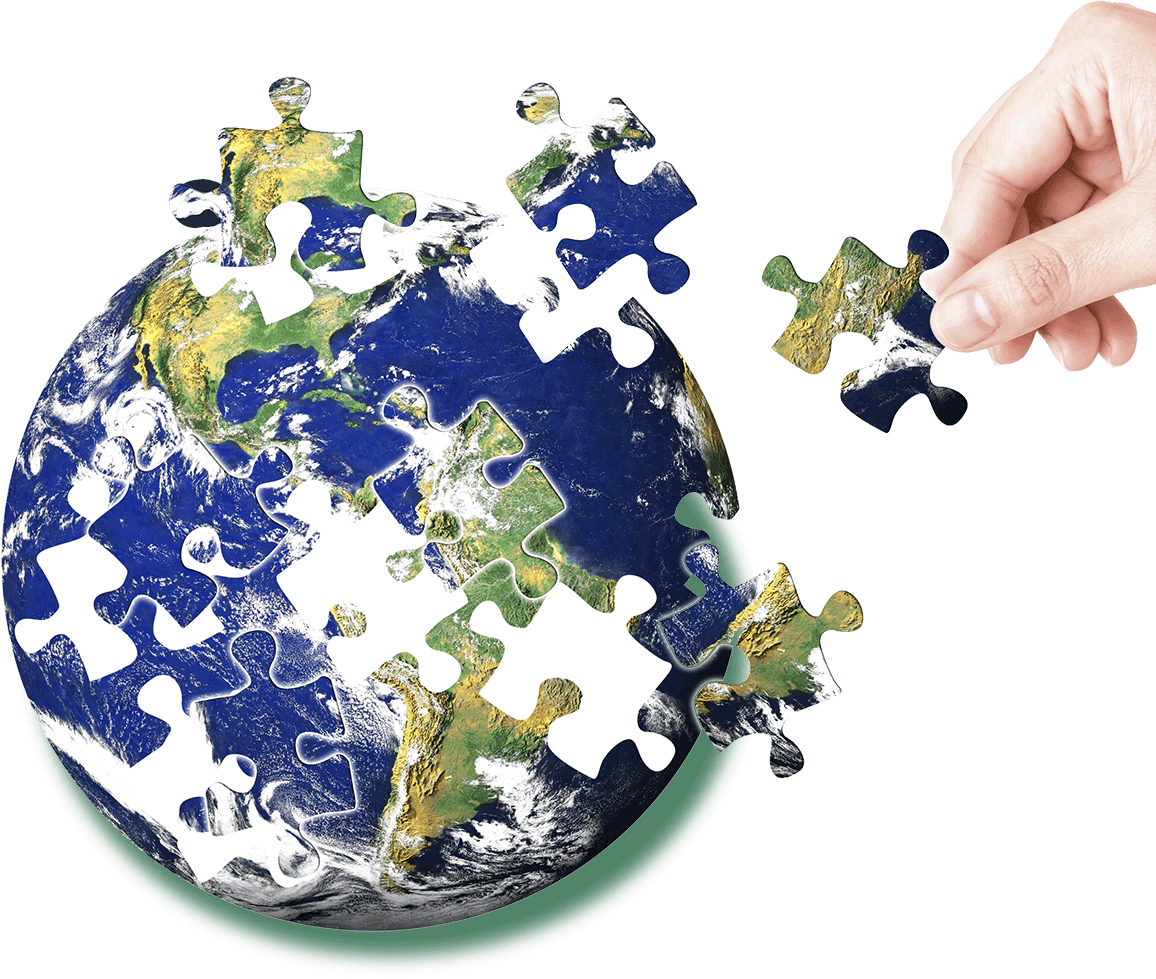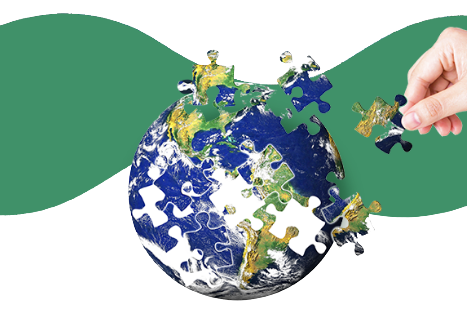The phrase “saving the world” has become a ubiquitous yet vague rallying cry. This overused term has lost its potency, diluted by its indiscriminate application to a myriad of global challenges. While the intent behind this catchphrase is noble, it fails to accurately capture the gravity of the situation we face. To truly appreciate the magnitude of the crisis, we must shift our perspective from the abstract concept of “saving the world” to the concrete goal of preserving the gains of civilization and nature.
Civilization, the culmination of millennia of human ingenuity and cooperation, is under siege. The intricate systems that underpin our modern world—from healthcare and education to agriculture and transportation—are experiencing unprecedented disruptions. Climate change, political instability, and economic inequality are eroding the foundations of the societies we have built. If we fail to address these challenges head-on, the hard-won advancements of humanity risk being irrevocably lost.
Simultaneously, the natural world, our planet’s life support system, is in decline. Deforestation, pollution, and habitat destruction are accelerating at an alarming rate. Biodiversity loss, once a distant concern, is now a stark reality. The delicate balance of ecosystems upon which our survival depends is teetering on the brink of collapse. To allow this to happen would be to squander the invaluable legacy of millions of years of evolution.
The time for platitudes and empty promises is over. What we need is a focused, concerted effort to protect and restore the gains of civilization and nature. This requires a fundamental shift in priorities, a willingness to make bold decisions, and a commitment to long-term sustainability. It demands investment in renewable energy, education, healthcare, and environmental protection. It necessitates a reevaluation of our economic systems to ensure they prioritize human well-being and planetary health.
By reframing the challenge as one of preservation rather than salvation, we can foster a more nuanced and realistic understanding of the crisis. It is not about preventing a cataclysmic event, but rather about safeguarding the hard-won achievements of humanity and the natural world. This shift in perspective can inspire a sense of urgency and purpose, motivating individuals and governments to take decisive action.
Ultimately, the fate of our planet and our species rests on our ability to protect the gains of civilization and nature. By working together, we can create a future where humanity and the natural world thrive in harmony.



